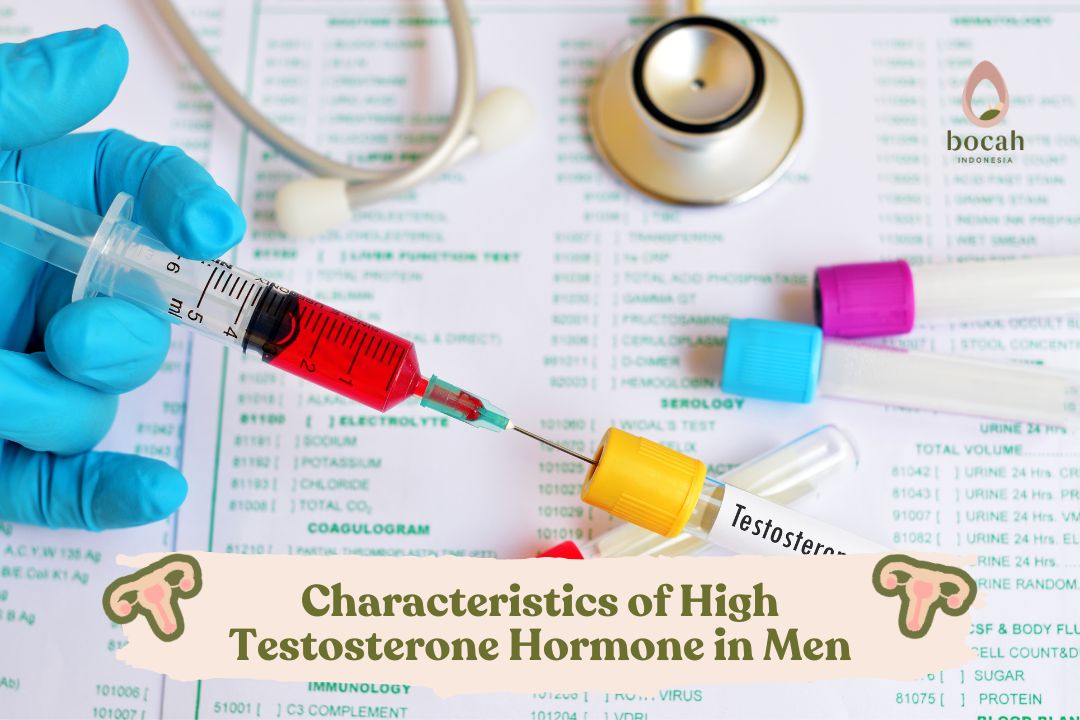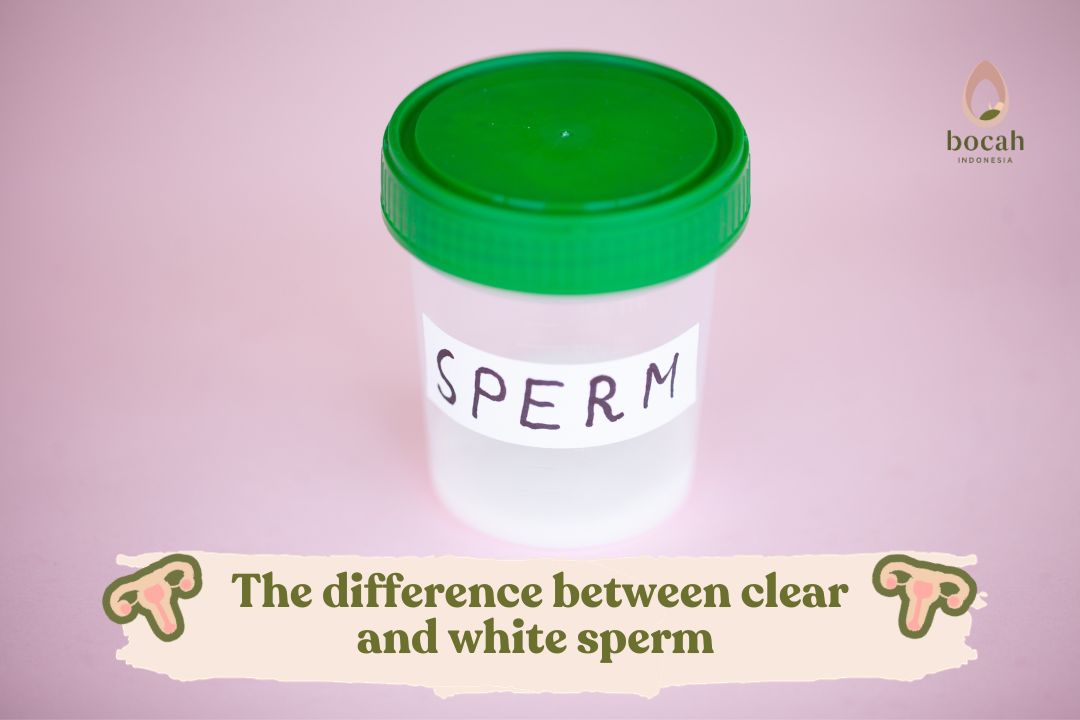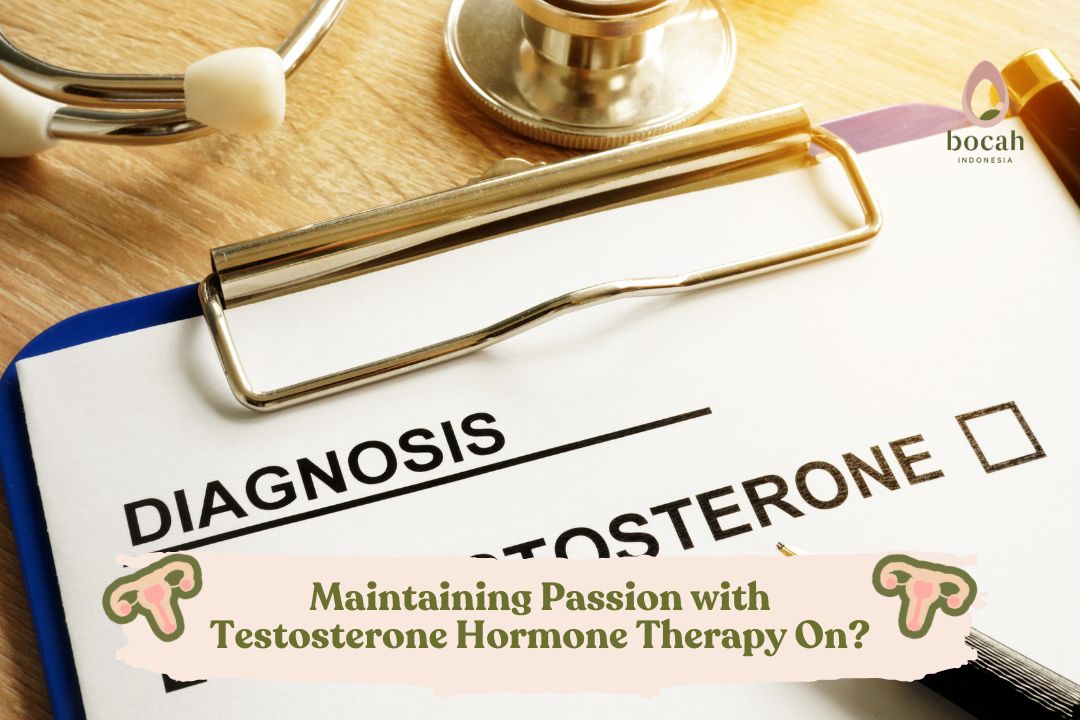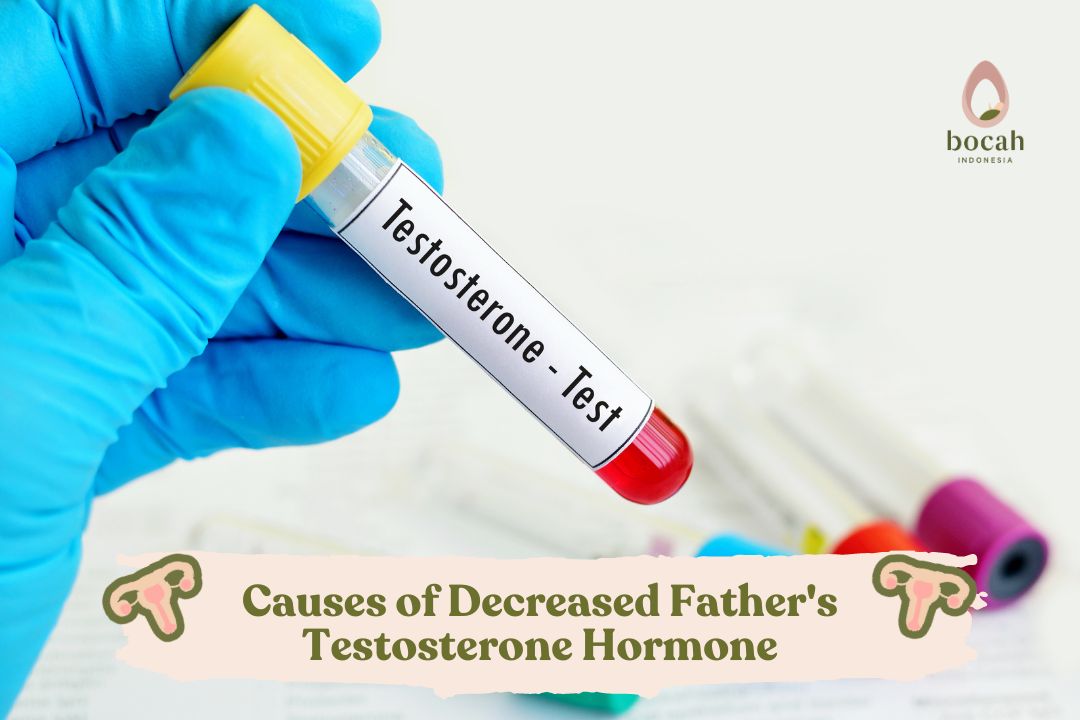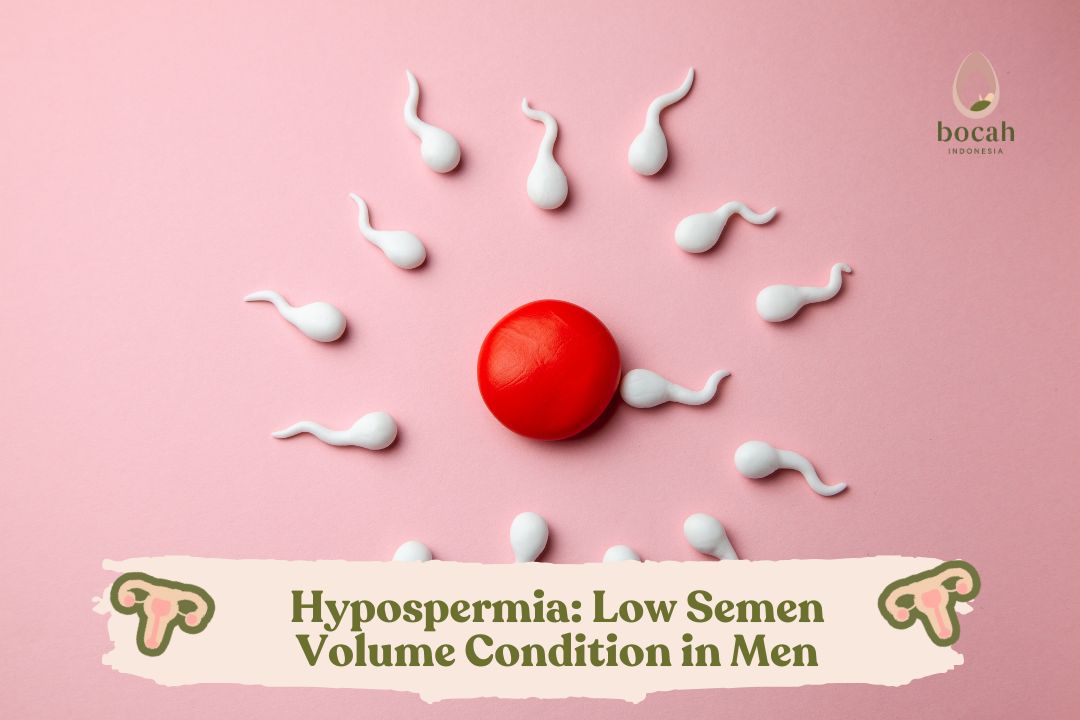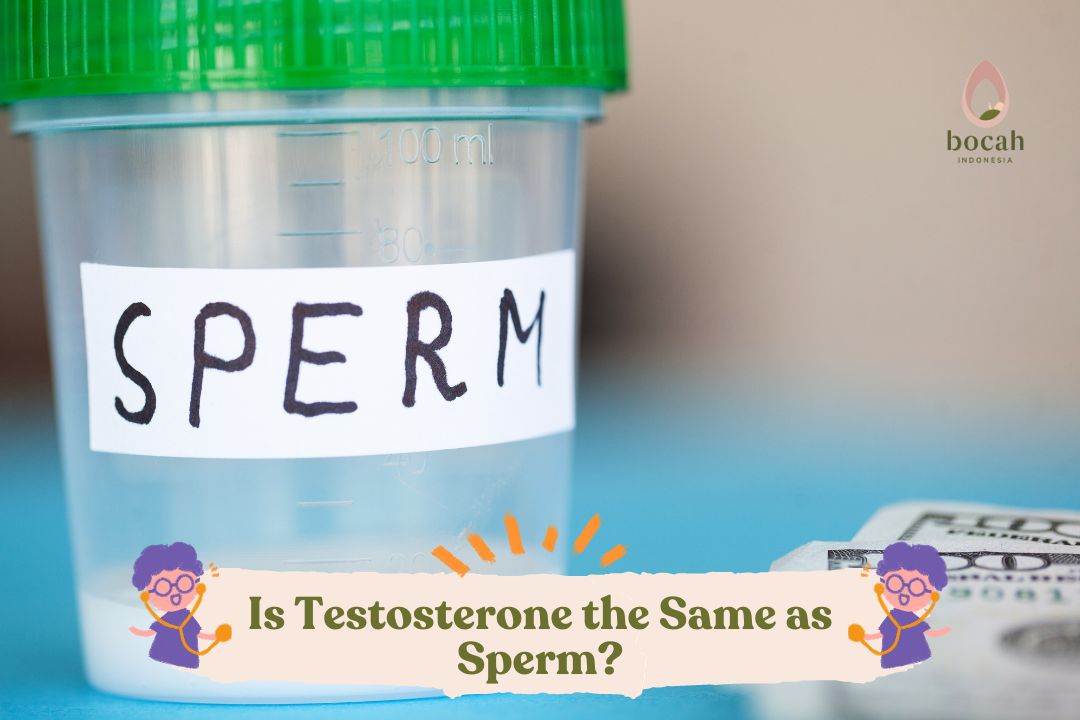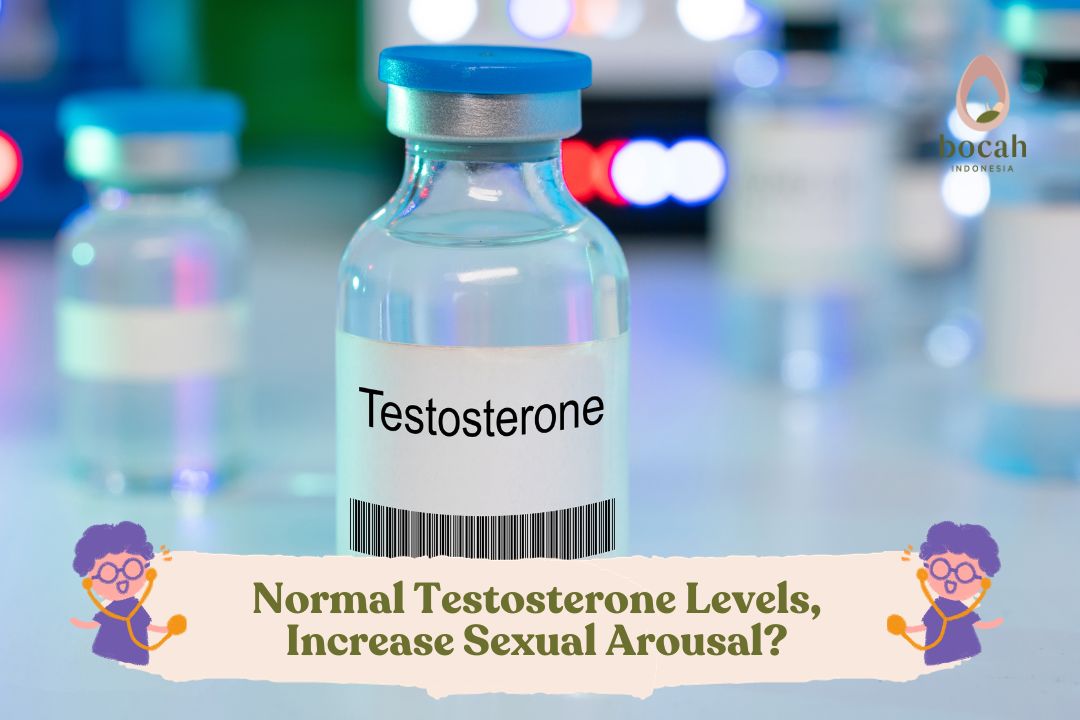Low Testosterone Hormone Makes Dad Less Passionate
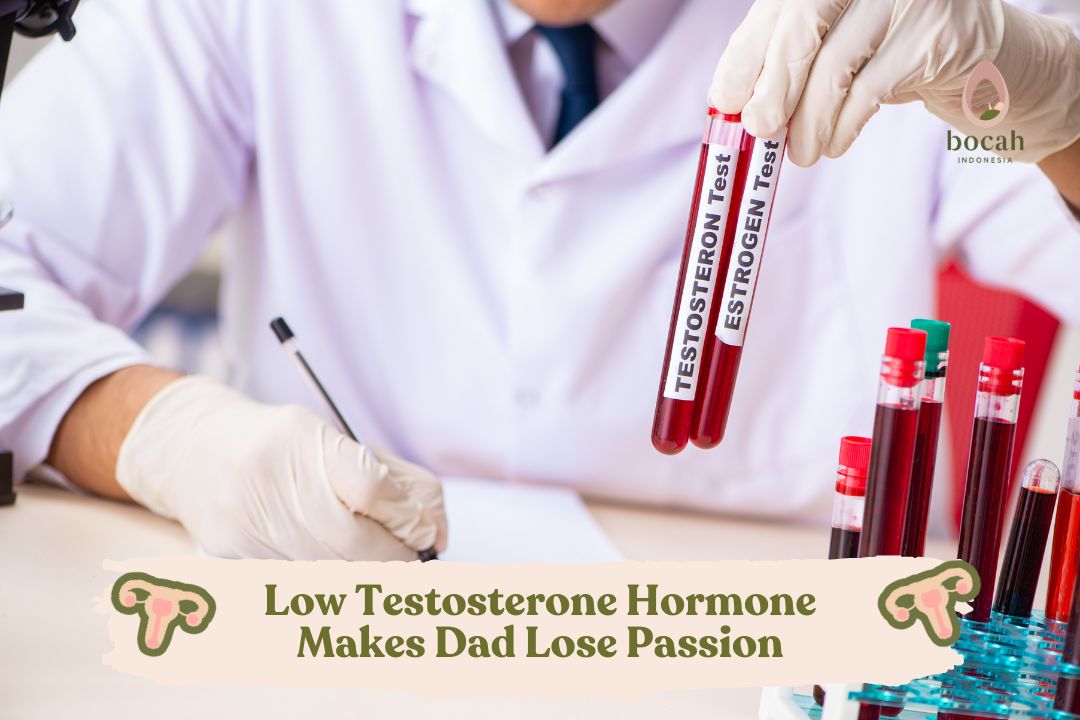
Several things can happen if the body lacks testosterone hormone. One of them can reduce Dad’s interest in sexual relationships.
Testosterone is a hormone that can affect sexual appearance and development, stimulate sperm production and sexual desire, as well as help build muscle and bone mass. This hormone is produced by the testicles.
Dads may experience low testosterone levels as they age or due to certain health conditions. It not only affects health conditions but also affects Dad’s fertility. Find out the effects of a testosterone deficiency here.
Causes of Low Testosterone
The causes of low testosterone in men can vary, including natural aging that leads to a decrease in hormone production. Some other causes that can result in Dad’s testosterone hormone deficiency include:
Disorders in the testicles such as cryptorchidism or testicular diseases
Tanya Mincah tentang Promil?
Issues with the hypothalamus or pituitary gland that regulate hormone production
Chronic diseases like diabetes and obesity
Unhealthy lifestyles such as lack of sleep, chronic stress, excessive alcohol consumption, and the use of certain medications.
These factors can work together or individually affect testosterone levels, which can impact sexual health, energy, and overall body function.
Symptoms of Low Testosterone Hormone in the Body
If testosterone production drops significantly, Dad may experience various symptoms. The signs of low testosterone can vary from person to person; here are some common symptoms that can occur:
Low Libido
Testosterone is the primary sex hormone that plays a crucial role in arousing sexual desire, triggering responses to sexual stimuli, and maintaining overall sexual function.
When testosterone levels decrease, the impact can involve a decrease in sexual desire. This hormone affects the areas of the brain involved in regulating libido, including the hippocampus and amygdala.
Low testosterone can lead to changes in neurotransmitters and the release of nitric oxide, which plays a role in increasing blood flow to the sexual organs.
Difficulty Achieving and Maintaining Erections
Difficulty achieving and maintaining erections is a sexual issue that can arise due to low testosterone levels. Testosterone plays a vital role in conveying signals to the brain needed to trigger an erection response.
With low testosterone, Dad may experience difficulty achieving an erection before sexual intercourse or even an inability to achieve spontaneous erections, as seen during sleep.
Although testosterone is involved in erectile function, research on the effectiveness of testosterone replacement therapy as a treatment for erectile dysfunction is still unclear.
A review of studies in 2016, published in PLoS One, concluded that testosterone therapy in men with erection problems did not show significant improvement.
Hot Flashes (Sudden Hot Flashes)
Hot flashes or sudden hot flashes can be a sign of low testosterone levels. While hot flashes are often associated with menopause in women, men with low testosterone can also experience them.
These sudden hot sensations are usually felt as a sudden and intense temperature spike, often accompanied by excessive sweating, reddening of the skin, and sometimes intense night sweats.
Hair Loss
Testosterone plays a crucial role in the body’s hair production process. Hair loss, especially on the head, is a natural part of the aging process for many men.
While genetic factors can also influence hair loss tendencies, individuals with low testosterone levels may also experience hair loss, both on the body and face.
Hair loss associated with testosterone is often related to the conversion of testosterone into dihydrotestosterone (DHT). DHT can affect hair follicles, causing them to weaken and thin. Hair loss on the face and body can also occur in men with low testosterone levels.
Fatigue
Dad, low testosterone levels can cause extreme fatigue and decreased energy. Dad may have low testosterone if he constantly feels tired even with adequate sleep or if he has difficulty finding motivation to exercise.
Increased Body Fat
Low testosterone levels can lead to increased body fat or gynecomastia, which is the enlargement of breast tissue. Gynecomastia can occur when there is an imbalance of testosterone hormone and estrogen in the body.
Decreased Bone Mass
Osteoporosis is a condition that affects bone density. Testosterone helps produce and strengthen bones, so men with low testosterone, especially older men, may have lower bone volume and be prone to bone fractures.
Mood Changes
Men with low testosterone levels may experience mood changes. Since testosterone affects many physical processes in the body, it can also affect mood and mental capacity.
Memory Impairment
When testosterone levels drop, especially in older men, doctors have theorized that it may contribute to memory effects. Cognitive function, including memory, is influenced by several factors, and hormonal changes that occur with age can play a role in this process.
However, the relationship between testosterone levels and cognitive function is still an evolving research area, and the exact mechanisms of how testosterone affects the brain and memory are not fully understood.
Smaller Testes and Penis Size
Disproportionately smaller penis and testes size can be a result of low testosterone levels. Testosterone plays a crucial role in the development of male sexual organs, including the penis and testes.
Therefore, a lack of testosterone can contribute to suboptimal or disproportionate growth of these organs. It’s important to note that penis and testes size naturally vary between individuals and can be influenced by genetic factors.
In addition to low testosterone levels, there are also other conditions and circumstances that can cause smaller penis and testes size. Some of these factors involve genetic conditions, hormonal disorders, or specific health issues that can affect the development of reproductive organs.
If you notice several of the above signs, it’s a good idea to consult with
Source:
- Batrinos, M. NCBI. Testosterone and Aggressive Behavior in Man. International Journal of Endocrinology and Metabolism. 2012. 10(3), pp. 563-568. https://www.ncbi.nlm.nih.gov/pmc/articles/PMC3693622/
- Roland, J. Healthline (2016). What Is Testosterone?
- Healthline (2022). Signs and Symptoms of Low Testosterone
- Pietrangelo, A. Healthline (2014). The Effects of Testosterone on the Body.
- Davis, C. MedicineNet. High and Low Testosterone Levels in Men.


